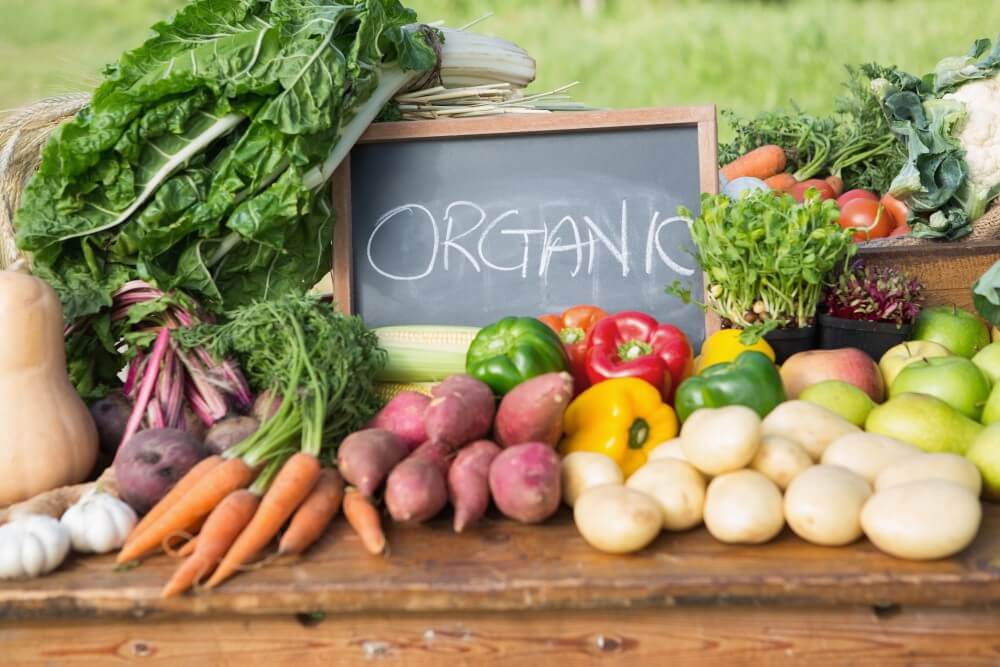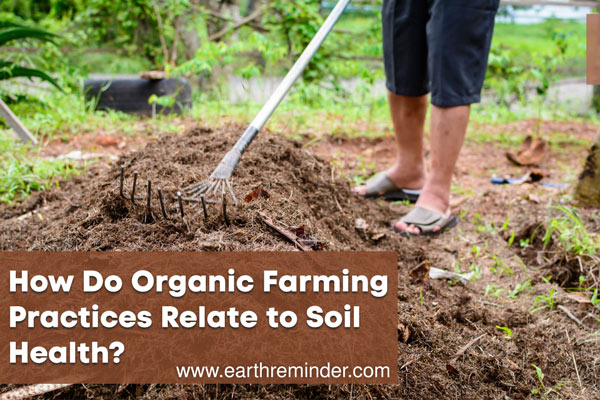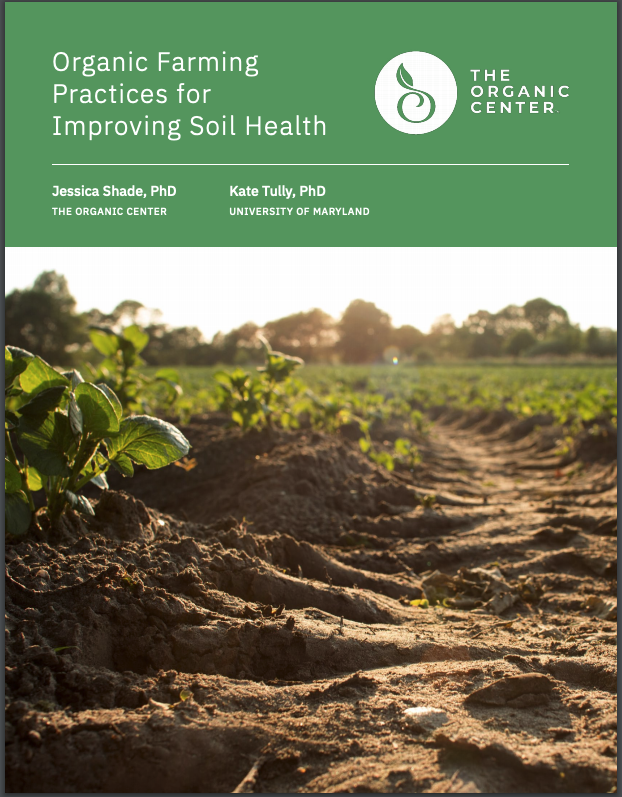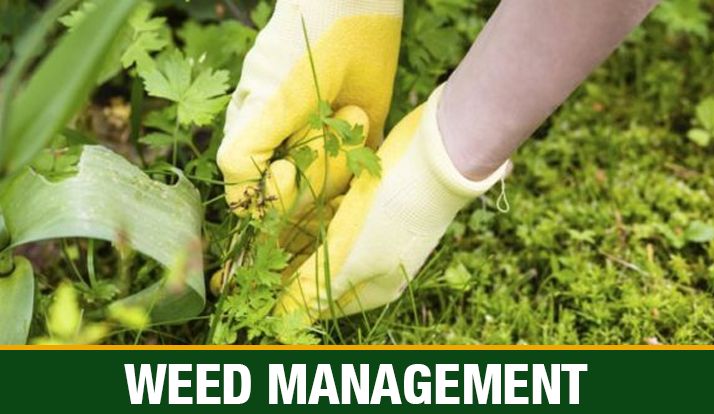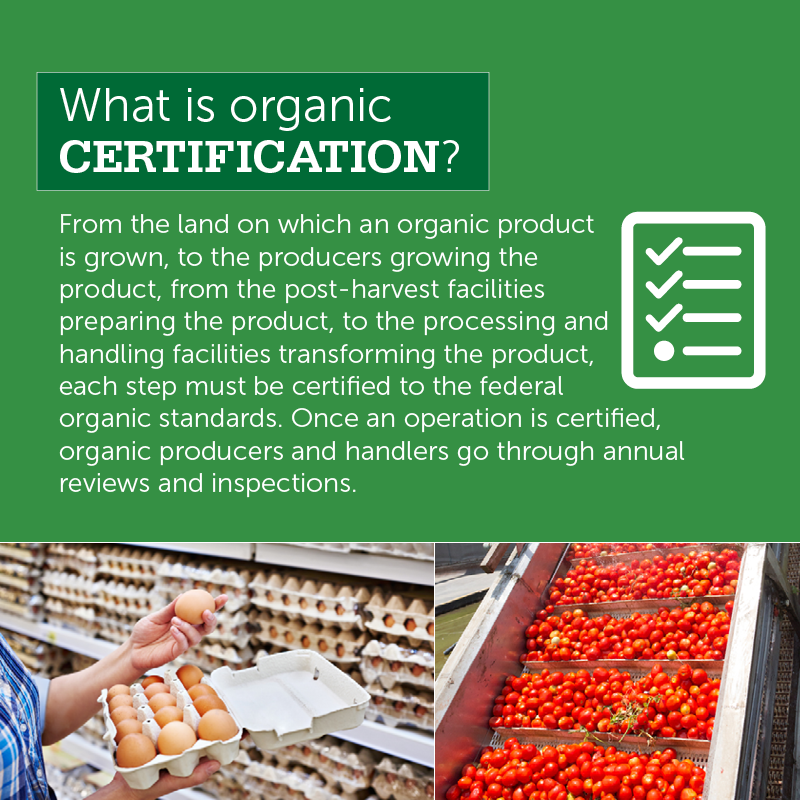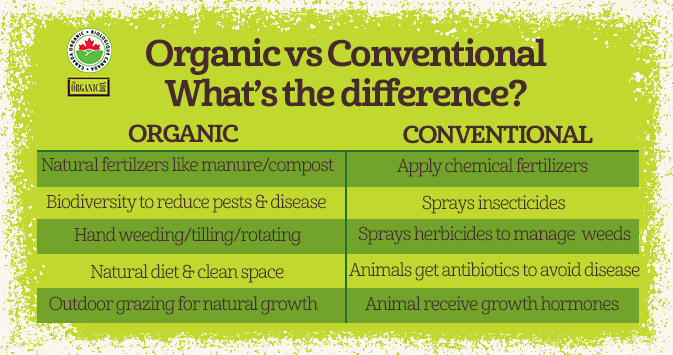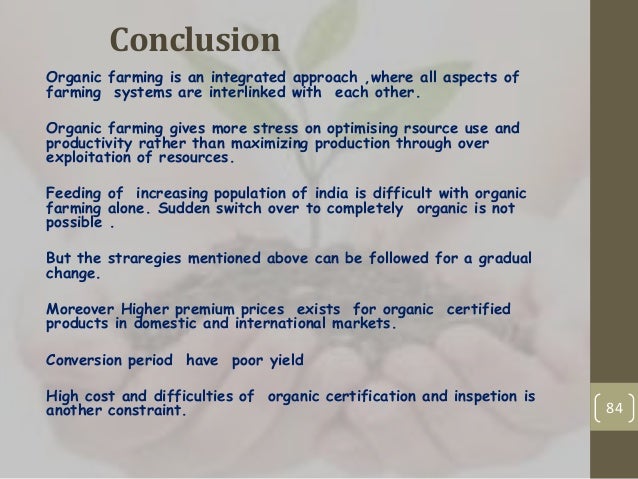Organic Farming Presentation
| Introduction to Organic Farming | ||
|---|---|---|
| Organic farming is a sustainable agricultural practice. It promotes the use of natural methods instead of synthetic chemicals. Organic farms focus on preserving soil health and biodiversity. | ||
| 1 | ||
| Benefits of Organic Farming | ||
|---|---|---|
| Organic farming reduces chemical pollution in the environment. It produces healthier food with higher nutritional value. Organic farming supports local economies and small-scale farmers. | ||
| 2 | ||
| Organic Farming Practices | ||
|---|---|---|
| Organic farmers use compost and natural fertilizers to enrich the soil. They rotate crops to prevent soil depletion and control pests. Organic farmers rely on beneficial insects and natural predators for pest control. | ||
| 3 | ||
| Soil Health in Organic Farming | ||
|---|---|---|
| Organic farming practices enhance soil fertility and structure. It promotes the growth of beneficial microorganisms in the soil. Healthy soil in organic farming reduces erosion and improves water retention. | ||
| 4 | ||
| Organic Pest and Weed Control | ||
|---|---|---|
| Organic farmers use integrated pest management techniques. They encourage natural enemies of pests and use traps. Weed control in organic farming involves mulching, handweeding, and crop rotation. | ||
| 5 | ||
| Organic Certification | ||
|---|---|---|
| Organic farms must adhere to strict standards and regulations. Certification ensures that organic products meet specific requirements. Organic certification allows consumers to make informed choices. | ||
| 6 | ||
| Organic vs. Conventional Farming | ||
|---|---|---|
| Organic farming avoids synthetic pesticides and fertilizers. Conventional farming relies on chemicals and genetically modified organisms (GMOs). Organic farming promotes biodiversity, while conventional farming may lead to monocultures. | ||
| 7 | ||
| Challenges in Organic Farming | ||
|---|---|---|
| Organic farming often requires more labor and knowledge. It can be more susceptible to pests and diseases. Organic farming faces challenges in scalability and meeting high demand. | ||
| 8 | ||
| Consumer Demand for Organic Products | ||
|---|---|---|
| Growing awareness about health and environmental concerns drives consumer demand. Organic food sales have been steadily increasing worldwide. Consumers perceive organic products as safer and more sustainable. | ||
| 9 | ||
| Conclusion | ||
|---|---|---|
| Organic farming offers a sustainable and environmentally friendly alternative. It promotes soil health, biodiversity, and healthier food production. Supporting organic farming contributes to a more sustainable future. | ||
| 10 | ||
| References (download PPTX file for details) | ||
|---|---|---|
| Rodale Institute. (n.d.). Organic farming. Re... United States Department of Agriculture. (n.d... Your third bullet... |  | |
| 11 | ||

